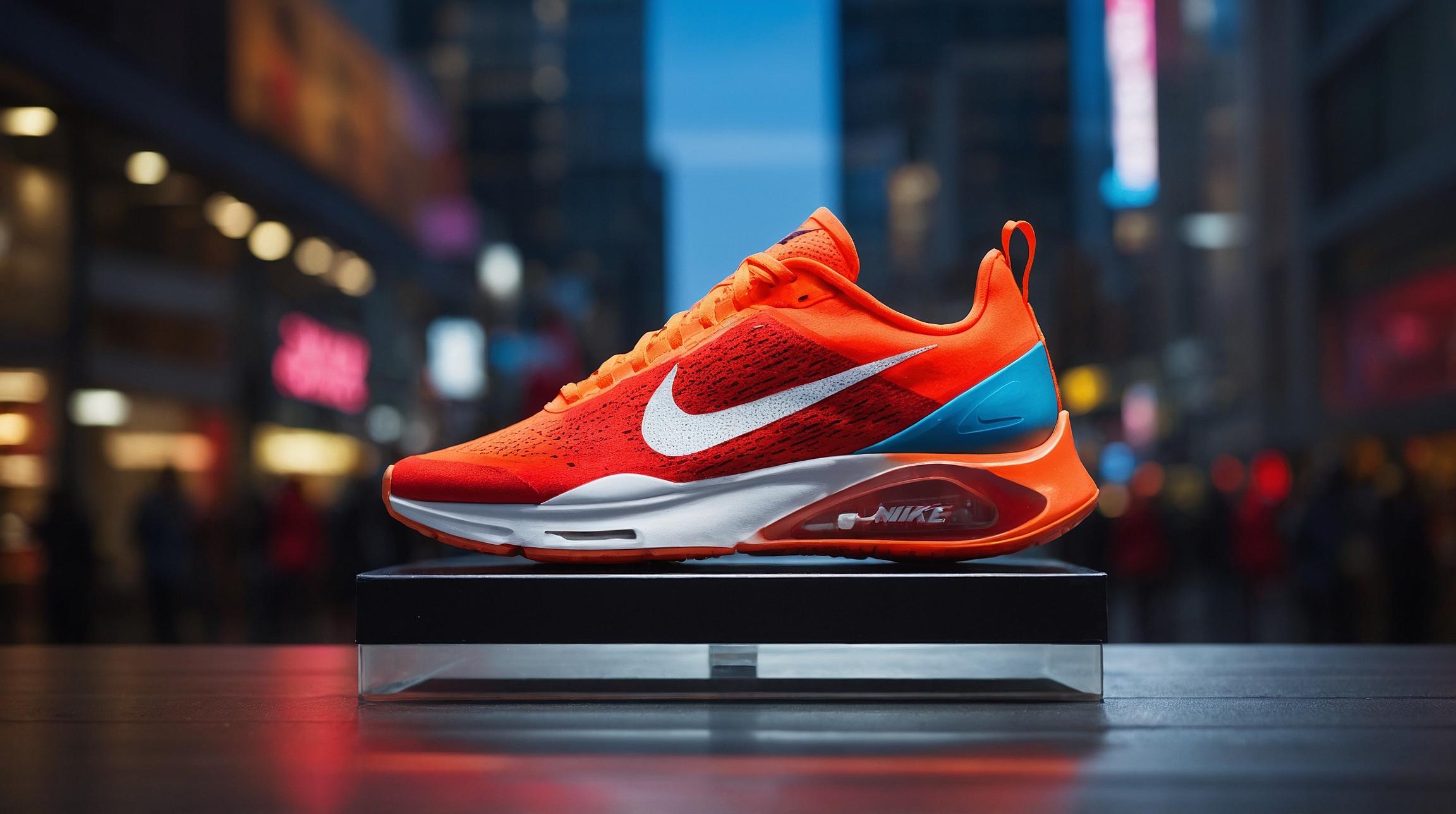Nike Stock Under Pressure After Earnings Report
Investors were left unsettled as Nike's latest financial results did not meet market expectations, despite a better-than-expected earnings per share of $0.70 compared to the predicted $0.52. However, this figure also represented a 26% decline from the previous year. Nike's revenue for the first fiscal quarter was reported at $11.59 billion, slightly missing analyst estimates of $11.65 billion and showing a 10% year-over-year decline.
Sales Decline Across Key Divisions
Nike experienced a downturn in both its direct-to-consumer (DTC) and wholesale divisions. Nike Direct revenues fell 13% to $4.7 billion, while wholesale revenues declined by 8% to $6.4 billion compared to the same quarter last year. This decline highlights challenges in the sportswear market, further intensified by increased competition from brands like On and Deckers' Hoka.
CEO Transition and Market Reaction
The recent announcement of a CEO transition did not provide the reassurance investors sought. Elliot Hill, a former Nike executive, is set to replace John Donahoe on October 14. Initial market reactions were positive, with a stock increase of up to 10%, but the overall sentiment has been bearish. Nike stock has dropped over 25% this year, highlighting ongoing concerns about the company's growth trajectory.
Outlook and Strategic Challenges
Nike has withdrawn its future outlook amid the CEO transition, signaling uncertainty about upcoming performances. Nike CFO Matthew Friend acknowledged the effort required for a turnaround, but expectations for the next quarter remain bleak, with an anticipated revenue fall between 8% to 10%. The postponement of the investor day has added to the uncertainties, with analysts like Randal Konik from Jefferies suggesting that any significant impact from leadership changes might only be felt by fiscal year 2026.
Increased Industry Competition
The sportswear market has become increasingly competitive, with new players gaining ground. According to Morningstar's equity analyst David Swartz, Nike's innovation cycle is slowing, which could impact its ability to compete effectively. The company is facing significant pressure to revitalize its product lineup and regain its market position.
Future Considerations for Investors
Given the current context, investors may need to brace for a period of volatility. Nike's strategic decisions, product innovations, and leadership effectiveness will be critical in determining its ability to recover and grow. The delayed investor day further implies a need for a strategic recalibration. Potential investors should consider a cautious approach, keeping an eye on upcoming quarterly reports and strategic announcements.













